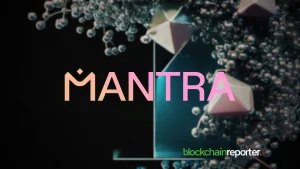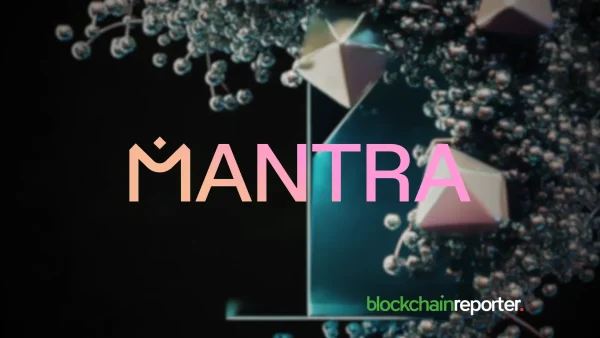
The Battle in the Golden State: An Overview
Google has recently approached a federal court in California, requesting the dismissal of a brewing class action lawsuit. This litigation accuses the tech giant of violating the privacy and property rights of countless individuals by scraping data to nurture its generative artificial intelligence (AI) technologies.
Google’s Standpoint on Generative AI
In its defense presented earlier this week, Google emphasized the importance of using publicly accessible data to refine platforms, including its AI chatbot, Bard. The company underlined that such a lawsuit poses a threat, not just to its services, but to the foundational concepts of generative AI. As the tech behemoth put it succinctly, “Utilizing public data for learning doesn’t equate to theft. It doesn’t infringe upon privacy, property rights, or copyrights.”
The Accusations: A Closer Look
The litigation, initiated by eight individuals in San Francisco earlier in the summer, revolves around Google’s alleged inappropriate use of content from social media and its platforms. This controversy adds to the growing list of concerns about tech corporations harnessing content, ranging from art and literature to personal data, without obtaining proper authorization for the purpose of AI refinement.
Google’s Rebuttal and Further Insights
Halimah DeLaine Prado, Google’s chief legal representative, commented on the matter, emphasizing that the allegations lack foundation. According to her, prevailing U.S. legislation “encourages repurposing public data to foster novel, beneficial applications.” She also refuted claims suggesting that Google utilizes proprietary data from services like Gmail for AI training without acquiring the necessary permissions.
Interestingly, among the content Google is alleged to have used are images from dating platforms, Spotify song lists, and TikTok video clips. One of the accusers, identified as J.L., a renowned Texan writer and investigative reporter, claims that her written work was used by Google to optimize Bard’s text response capabilities.
Navigating Through the Allegations
In its recent defense, Google contended that the lawsuit chiefly fixates on unrelated third-party actions and extreme assumptions about AI’s future. The company highlighted the vagueness of the complaint, raising questions about the specific nature of data allegedly collected, its appearance in the AI’s output, and the tangible harm inflicted on the plaintiffs.
Moreover, Google cited the ‘fair use’ provision of copyright regulations in defense of its purported use of J.L.’s literary work.









